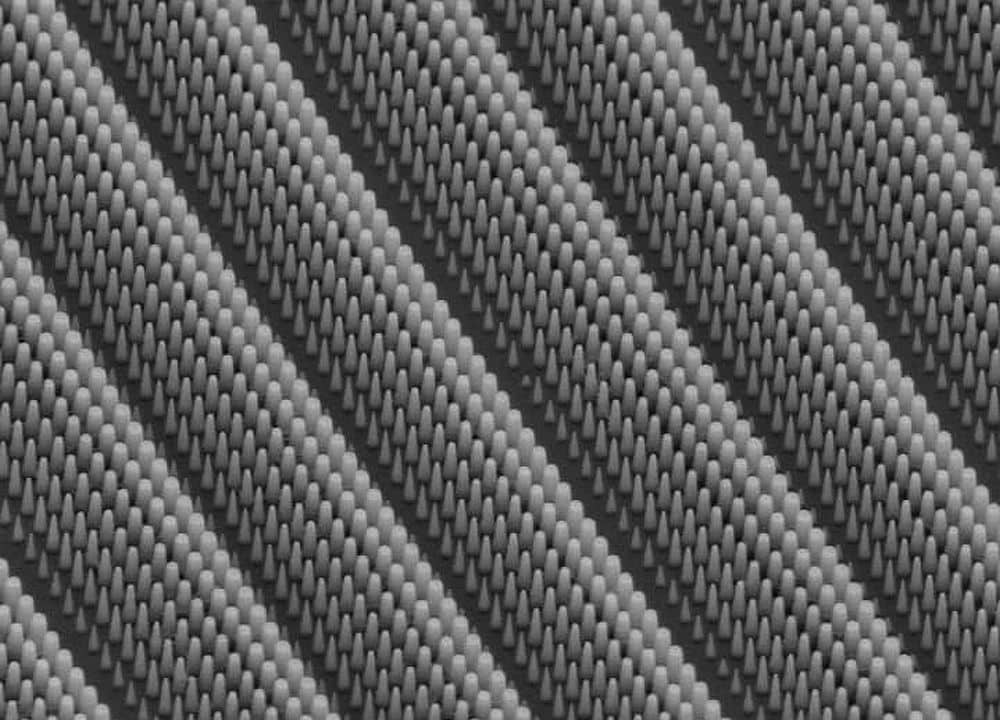
David Willetts’ speech on the eight-part strategic technology roadmap for the UK. Credit: PolicyExchangeUK; YouTube.
The United Kingdom’s Engineering and Physical Sciences Research Council (EPSRC) announced that seeks proposals to fund with a total of £85 million (approximately $120 million) aimed at increasing the nation’s research base related to three technologies:
- Advanced Materials (£30 million)
- Grid-scale Energy Storage (£30 million)
- Robotics & Autonomous Systems (£25 million)
An advocate for the funding has been David Willetts, the UK’s minister for universities and science. A report and speech (above) by Willetts in January of this year called for research in “eight great technologies.” Three of the eight are included in this funding announcement. Willetts says in a news release, “This £85 million capital fund will boost our research capability in advanced materials, energy storage, and robotics and autonomous systems. It will keep the UK at the forefront of science and innovation.”
David Delpy, the EPSRC’s chief executive, also notes in the release, “The work will help develop new ways of storing power, new materials that can aid manufacturing and other industries, and further developing how autonomous systems communicate, learn and work with humans.”
The EPSRC is somewhat analogous to the United States’ National Science Foundation and is the UK’s main agency for funding research in engineering and the physical sciences. It has a budget of around £800 million per year that it invests in research and postgraduate training.
In a detailed call for proposals (pdf), the EPSRC warns that it is not interested in creating new centers and will not accept proposals unless the application is from an institution or a collaboration that has successfully attracted at least £10m of research funding from any source over the past five years (April 2008-March 2013) within the relevant technology area. In addition, the call says applicants will be required to show existing significant support from EPSRC as well as evidence of a substantial financial contribution to the equipment procurement and to the potential to sustain the research.
Further, the EPSRC says individual awards are expected to be in the region of £3 million, however, it also notes that larger bids are encouraged if the applicants have a strong case that “justifies the benefit of this level of investment, if the institution contribution is significant, or if a joint bid is being made by a group of institutions.”
In regard to advanced materials funding, the call describes the EPSRC’s interest as follows:
Advanced materials are instrumental in the generation of long-term economic growth and jobs for the UK and reducing the time required to bring discoveries to the market has been recognized by global competitors in being a key driving force behind a more competitive manufacturing sector and economic growth. Focus should be on materials designed for targeted properties and on seeking to address the aims of this initiative, i.e., reducing lead times, tackling sustainability of materials and discovering new materials types.
The pervasive nature of materials and their application into countless different sectors presents simultaneously both an opportunity and a challenge. Whilst all material areas are included here, we can identify a small number of materials candidates as particular priorities offering the greatest potential to lead to new market opportunities or underpin the competitiveness of high value existing sectors. These include Advanced Composites, Low Energy Electronics (including metamaterials), Materials for Energy, High Performance Alloys, and Nanomaterials for Health.
The main objectives of the call are to:
• Invest in the development and provision of scale-up facilities, including innovative production technologies in advanced manufacturing such as advanced metrology, flow production, laser processing systems, resource efficient technologies, and multifunctional additive layer manufacturing including modeling;
• Invest in characterization of materials at the nanoscale (e.g., atomic force microscopy, scanning electron microscopy).
The deadline for submitting proposals is May 16, 2013, and the call has quite a few more details about the contents of the applications.
A total of £73 million eventually is to be targeted for advanced materials. Besides advanced materials, grid/energy technologies, and robotics, the other five technologies Willetts identifies are big data, space, synthetic biology, regenerative medicine, agri-science.
Author
Eileen De Guire
CTT Categories
- Basic Science
- Manufacturing
- Nanomaterials
- Optics
Related Posts
Sports-quality ice: From pond side to precision Olympic engineering
February 12, 2026


